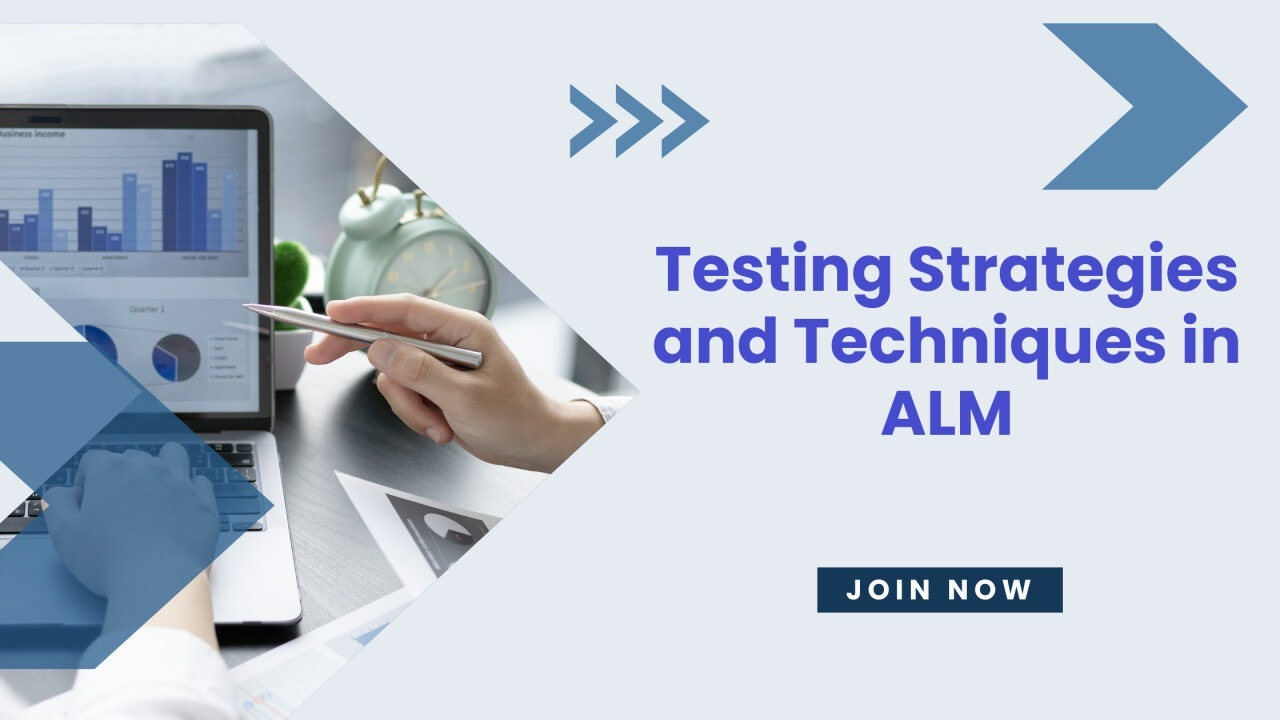Dealing with bugs and issues in software can be a real headache. You spend hours fixing problems only to have new ones pop up. This is a common trouble many teams face, and it can slow down your projects. But there’s a way to handle this better — Application Lifecycle Management (ALM).
ALM software helps you manage your software from start to finish. It’s like having a roadmap that keeps everyone on track, from the developers to the testers. One big plus of using ALM tools is they make sure testing is part of every step. This means you catch problems early, which saves time and money later on.
So, if you want to avoid the common pitfalls in software development, embracing ALM solutions is the way to go. Keep reading to find out how you can master these testing strategies and techniques.
Understanding Different Testing Methodologies: Manual, Automated, and Continuous Integration
Here’s a comparative look at manual testing, automated testing, and continuous integration.
| Feature | Manual Testing | Automated Testing | Continuous Integration |
| Effort | High | Low | Moderate |
| Speed | Slow | Fast | Fast |
| Accuracy | Prone to human error | High accuracy | High Accuracy |
| Use Cases | Exploratory, usability, ad-hoc testing | Regression, load, performance testing | All types, especially integration |
| Integration with ALM | Basic integration | Extensive integration with ALM tools | Essential part of ALM test management tool |
Manual Testing: Exploring Traditional Testing Approaches
Manual testing involves testers checking software by hand to ensure it works correctly. This method is highly detailed, catching subtle bugs automation might miss. It’s essential for exploratory and usability testing.
Using ALM tools helps manage these manual efforts efficiently. ALM testing tracks each step, ensuring nothing is overlooked. It’s time-consuming but critical for high-quality software.
Automated Testing: Leveraging Automation for Efficient Testing
Scripts and tools are used in automatic testing to speed up the process of testing. This is good for repetitive tasks and regression testing that needs consistent and accurate results. With ALM test case management, you can automate these tests while keeping track of them seamlessly.
ALM services integrate these automated tests into your workflow. It reduces the time consumed as well as the human error element, thus making it more efficient and reliable.
Continuous Integration Testing: Integrating Testing into Development Pipelines
As the name suggests, this involves frequent integration of code changes into a shared repository. Each integration triggers an automated test. It can help catch issues early and ensure high code quality through this practice.
The key is to manage this process and run it effectively. This is where ALM testing software can be very crucial.
Overview of ALM Tools: IBM ELM and PTC Codebeamer
IBM Engineering Lifecycle Management (ELM) and PTC Codebeamer are leading ALM technologies that provide extensive ALM support.
- IBM ELM integrates requirements management, design, development, and testing in one platform, facilitating seamless project coordination.
- PTC Codebeamer offers a holistic approach with features like risk management and full lifecycle traceability, making it ideal for complex product development.
Both tools help teams improve collaboration, ensure compliance, and accelerate time-to-market by integrating various ALM functions into a single ecosystem.
If you want to know more about the best ALM tools and how to use them, check out this article.
Supporting Testing Activities with ALM Tools: Test Case Management, Execution, and Reporting
ALM tools like those from HCL Software and Siemens Polarion offer comprehensive support for testing activities:
- Test Case Management: With these tools, you can create and manage test cases efficiently. They ensure all test cases are linked to requirements, providing clear traceability.
- Test Execution: Automate the execution of tests to save time and reduce human error. For instance, HCL’s ALM tool can automate repetitive test scenarios, ensuring consistency and accuracy.
- Reporting: Generate detailed reports that provide insights into test progress and outcomes. These reports help teams make informed decisions and improve the overall quality of the software.
- Traceability: Maintain end-to-end traceability from requirements to test results. This is crucial for compliance and quality assurance. Polarion ALM offers traceability features that ensure every change is documented and auditable.
Optimising Testing Processes in ALM: Streamlining Test Execution and Reporting
Using ALM tools can significantly optimise your testing processes. A 2023 case study at LeddarTech, an automotive tech company, showed remarkable results using CodeBeamer.
By integrating this ALM testing tool, they reduced test execution time and improved traceability and compliance with ISO 26262 standards. This streamlined their processes, making project management more efficient and effective.
To know more about the best practices of using CodeBeamer, check this article.
Improving Test Coverage: Strategies for Comprehensive Testing in ALM
To ensure thorough testing, it’s crucial to use an ALM test management tool. Comprehensive testing strategies include:
- Automated Testing: Automate repetitive and complex test scenarios to increase coverage.
- Regression Testing: Regularly run regression tests to catch new bugs in existing functionality.
- Integration Testing: Test integrations thoroughly to ensure all parts of the system work well together.
- User Acceptance Testing: Involve real users to validate the software meets their needs.
- Exploratory Testing: Allow testers to explore the software to find unexpected issues.
Conclusion
Choosing the right ALM management tool can be challenging, but you don’t have to do it alone. For expert advice and a demo, contact MicroGenesis. We can guide you through the decision-making process and help you implement the best solution for your organization’s needs, ensuring your projects are managed efficiently and effectively. Our expertise extends to enterprise digital transformation, ensuring comprehensive support in enhancing your organizational processes.











